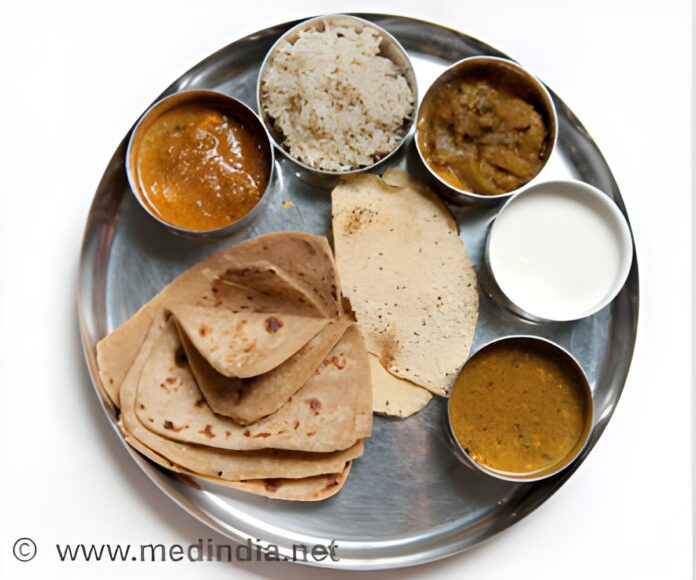The Indian government is taking food testing to remote areas to ensure quality for all.
The Food Safety and Standards Authority of India (FSSAI) has been actively working to prevent
According to a recent statement by the Union Minister of State for Health and Family Welfare, Shri Prataprao Jadhav, the government has implemented several initiatives to ensure food safety across the country (1✔ ✔Trusted Source
Measures taken by the government to stop food adulteration
Go to source
).
Measures Taken by FSSAI
- Regular Surveillance and Action: FSSAI, through its regional offices and state/UT authorities, conducts inspection and random sampling of
food products . Disciplinary actions are taken against food business operators (FBO) if found violating safety norms. - Mobile Food Testing Labs: “Food Safety on Wheels” was introduced to extend testing facilities, especially in remote areas.
- Pan-India Food Surveillance: Large-scale monitoring of staple foods and adulteration-prone commodities is conducted periodically.
- Consumer Complaint Mechanisms: A dedicated FSSAI helpline and the “Food Safety Connect” mobile app were introduced for consumers to report food adulteration problems.
- FSSAI has launched various initiatives and campaigns to educate consumers about food adulteration risks.
Food business operators must obtain an FSSAI license or registration depending on their annual turnover, ensuring accountability.
As per the Food Safety and Standard Act 2006, no person can commence a food business without holding a license under the Act.
Small food businesses such as temporary stall holders,
Data Analysis of Food Safety Inspections (2020-2024)
The government’s efforts are reflected in the increasing number of food samples analyzed over the past four years:
| Year | No. of Samples Analysed | No. of Samples Found Non-conforming | No. of Civil Cases Launched | No. of Criminal Cases Launched |
|---|---|---|---|---|
| 2020-21 | 1,07,829 | 28,347 | 24,195 | 3,869 |
| 2021-22 | 1,44,345 | 32,934 | 28,906 | 4,946 |
| 2022-23 | 1,77,511 | 44,626 | 38,053 | 4,817 |
| 2023-24 | 1,70,513 | 33,808 | 33,750 | 4,737 |
- The number of food samples analyzed has significantly increased from 1.07 lakh in 2020-21 to 1.77 lakh in 2022-23, indicating a more robust surveillance system.
- Non-conforming samples peaked in 2022-23 (44,626 cases) before declining in 2023-24 (33,808 cases), suggesting improvements in food quality or stricter compliance.
- Civil cases saw a sharp rise from 24,195 (2020-21) to 38,053 (2022-23), showing increased legal action against violators.
- The number of criminal cases remained relatively stable, around 4,700–4,900 annually, indicating a consistent crackdown on severe violations.
The government’s multi-pronged approach, combining regulation, enforcement, consumer awareness, and technological interventions, has significantly strengthened food safety measures.
While the decline in non-conforming samples in 2023-24 suggests some progress, sustained efforts are needed to maintain strict quality control and eliminate food adulteration.
Reference:
- Measures taken by the government to stop food adulteration- (https://pib.gov.in/PressReleasePage.aspx?PRID=2101739)
Advertisement


